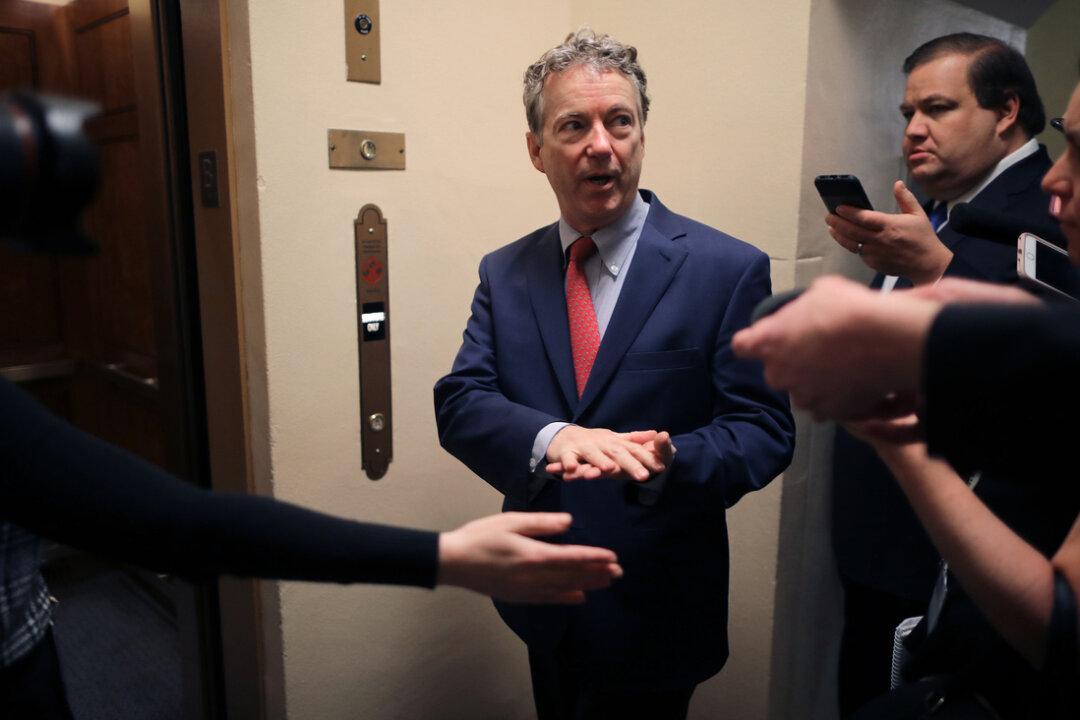NEW YORK—The United States’ rising federal debt has reached more than 22 trillion dollars in total, with some economists describing it as an “insurmountable problem” inextricably tied with Washington’s longtime culture of spending and borrowing.
A report released on Nov. 25 by Sen. Rand Paul (R-Ky.) detailed wasteful spending by the federal government with a list of programs totaling $230,672,881 in wasted taxpayer money. Paul is the chairman of the Federal Spending Oversight and Emergency Management (FSO) Subcommittee for the Homeland Security and Governmental Affairs Committee (HSGAC).





